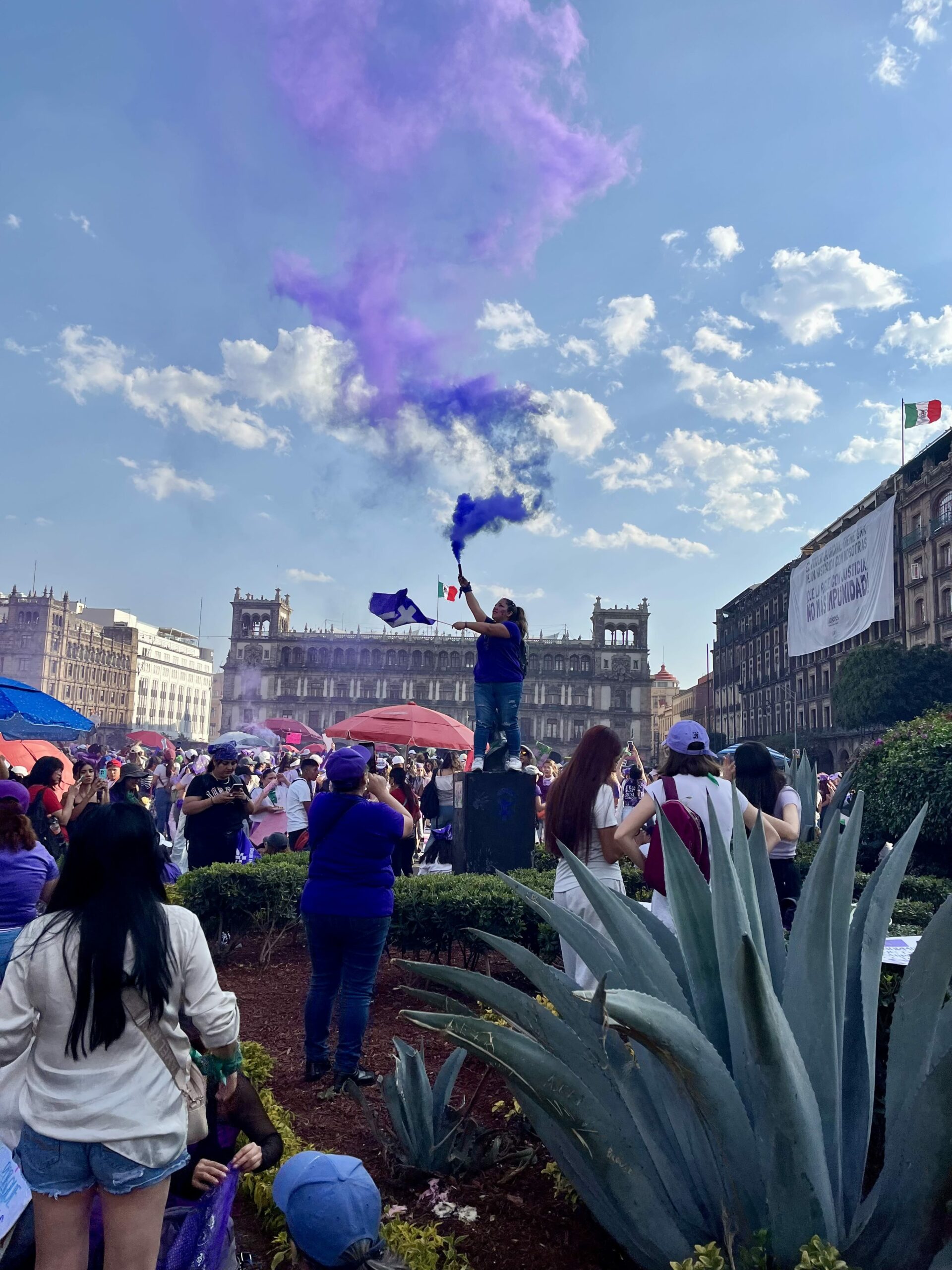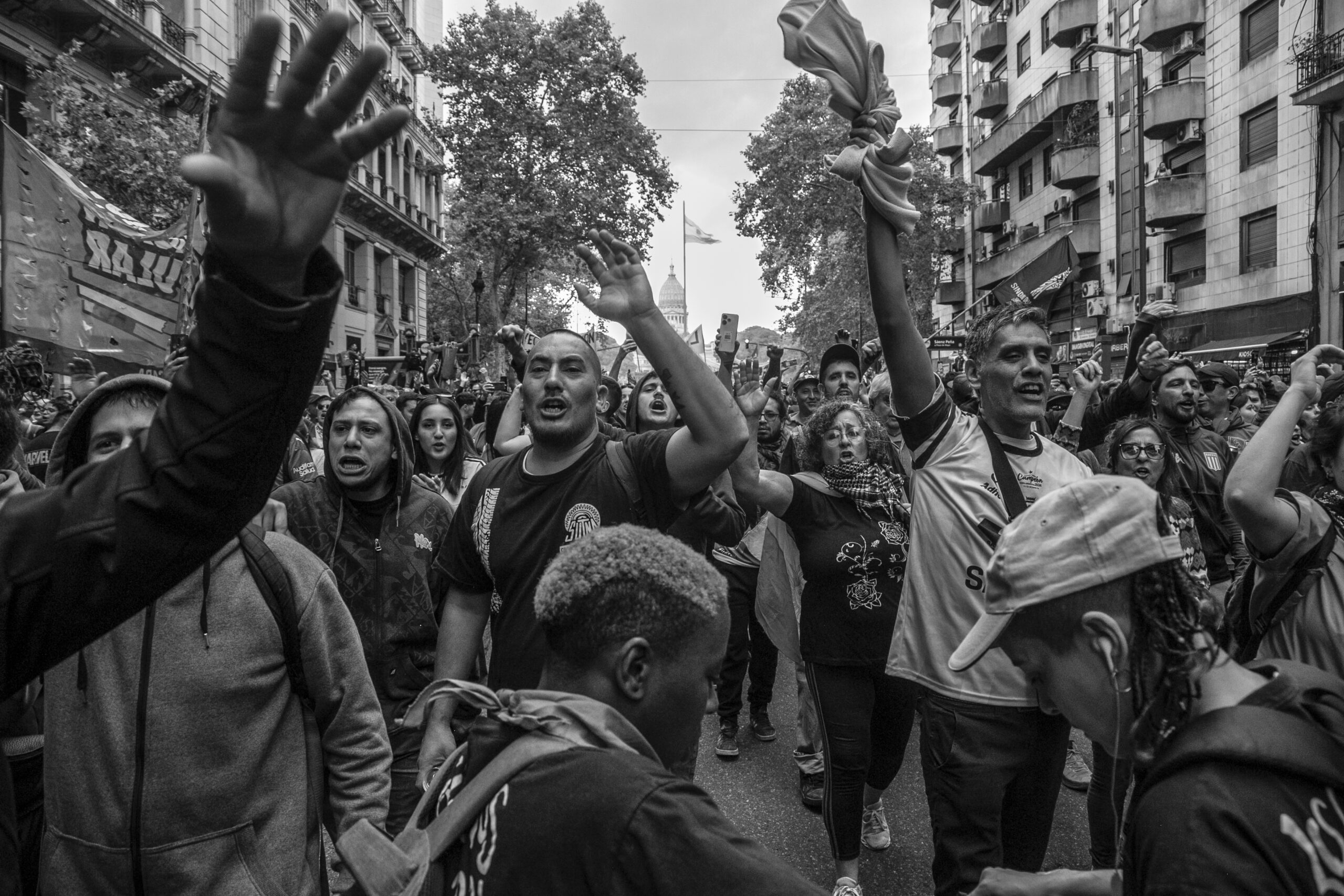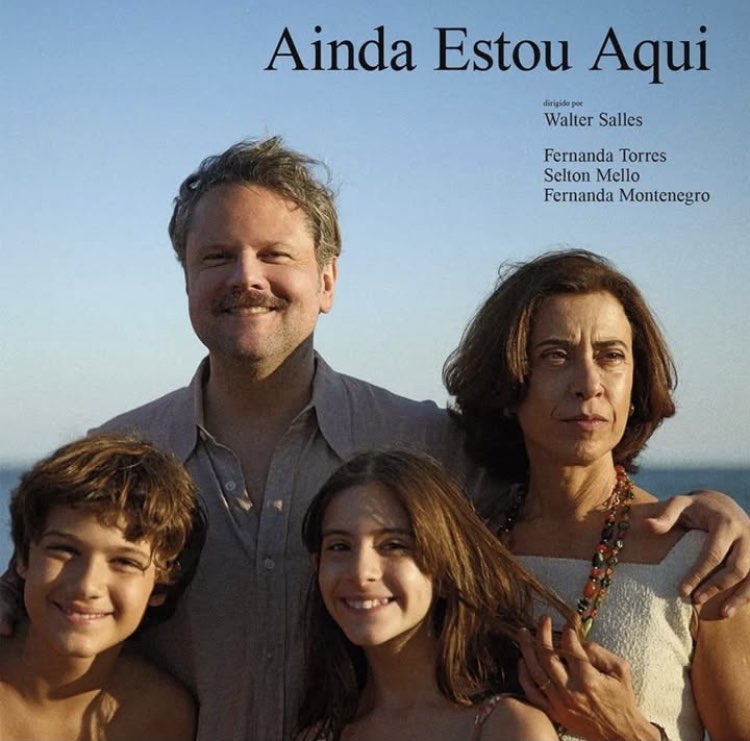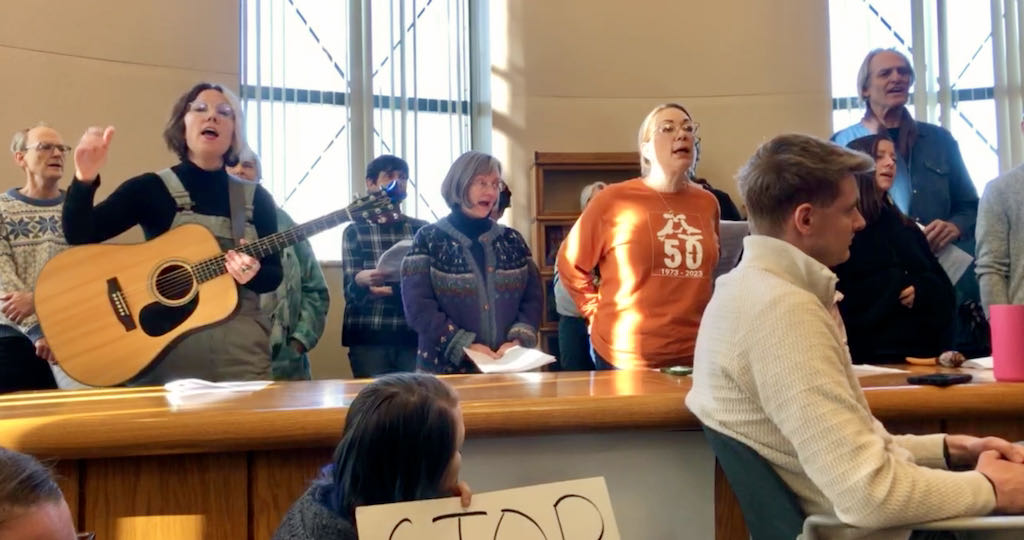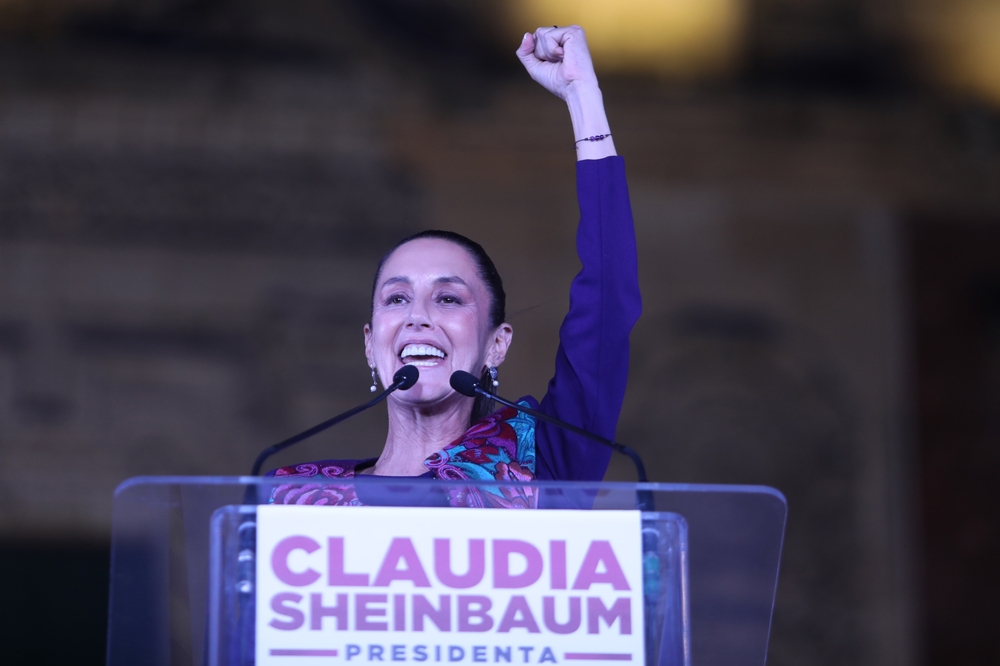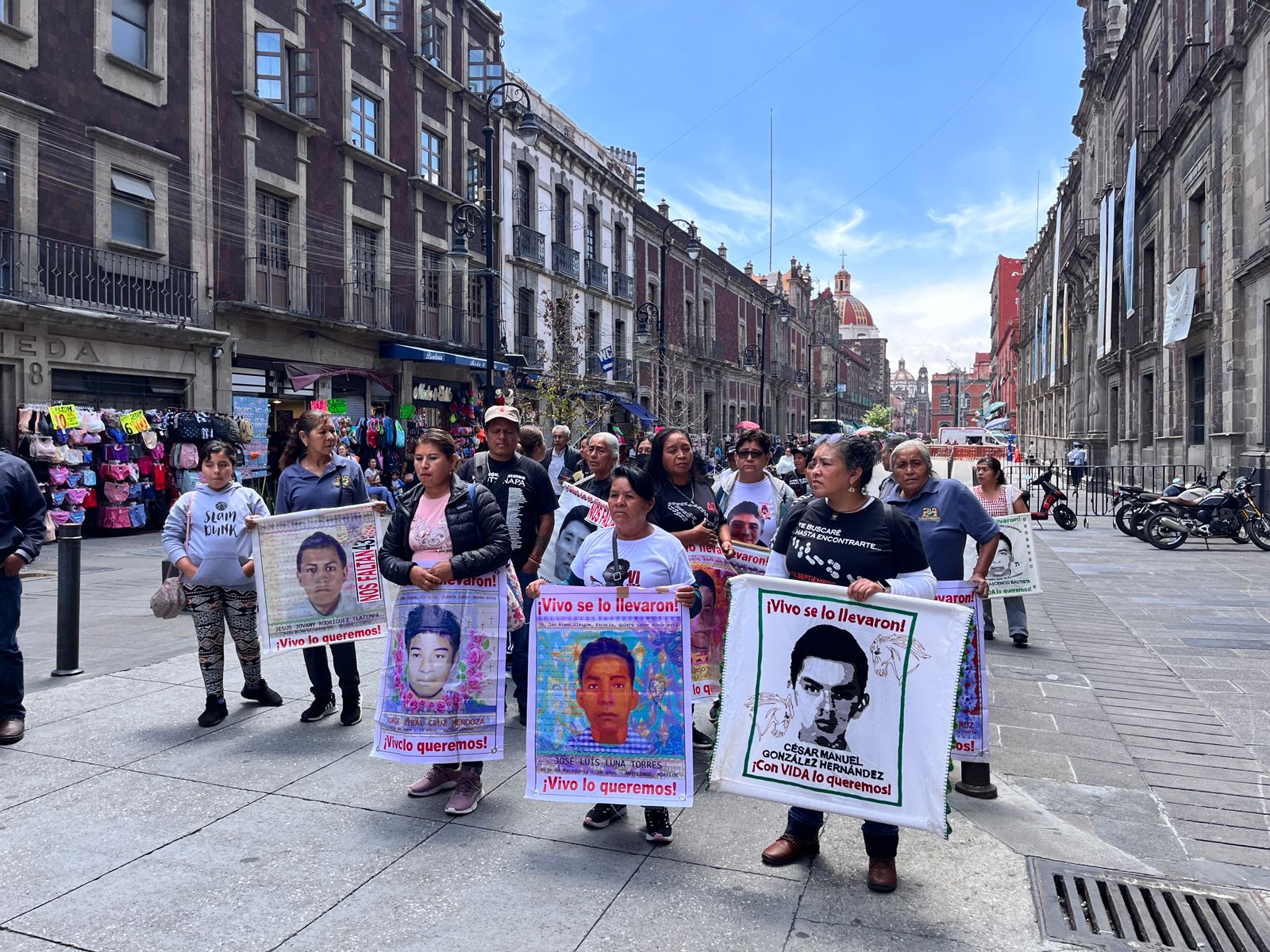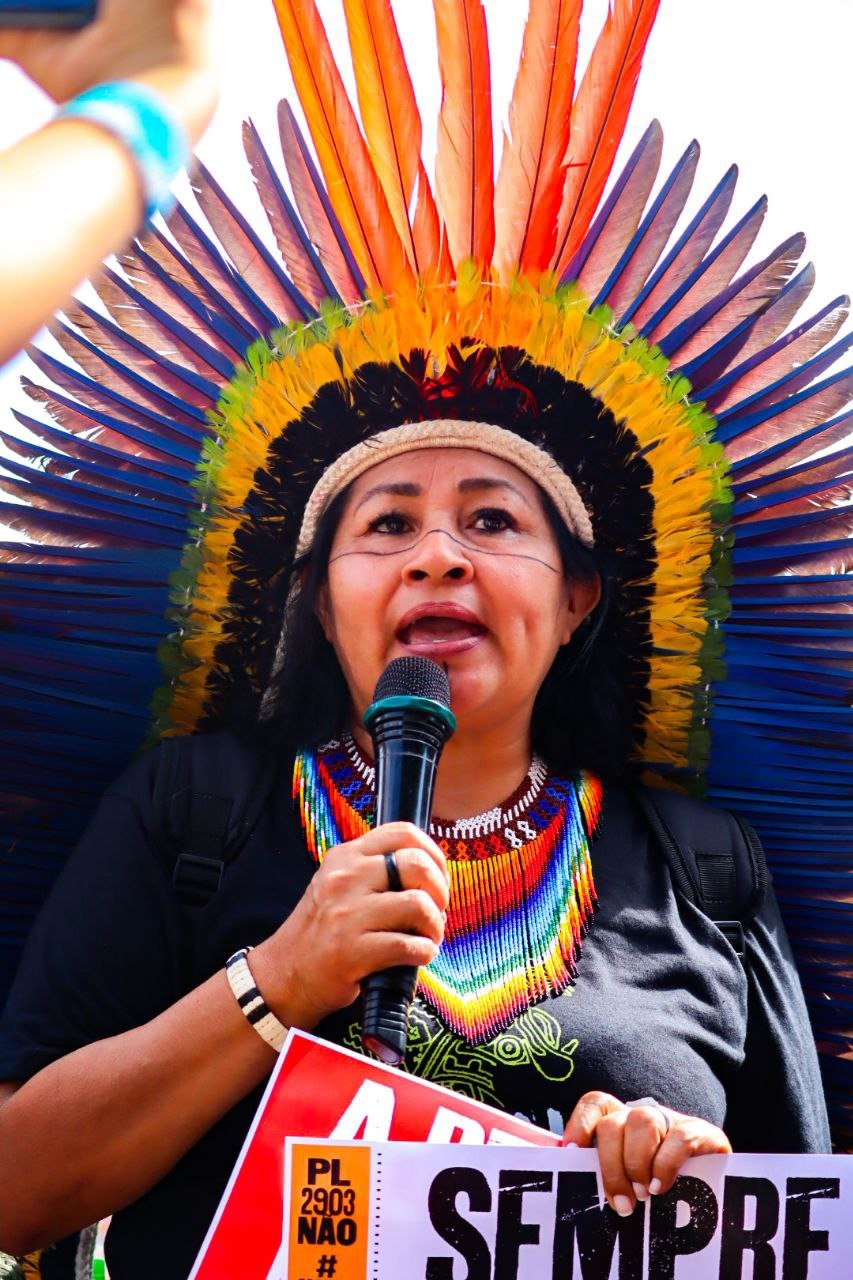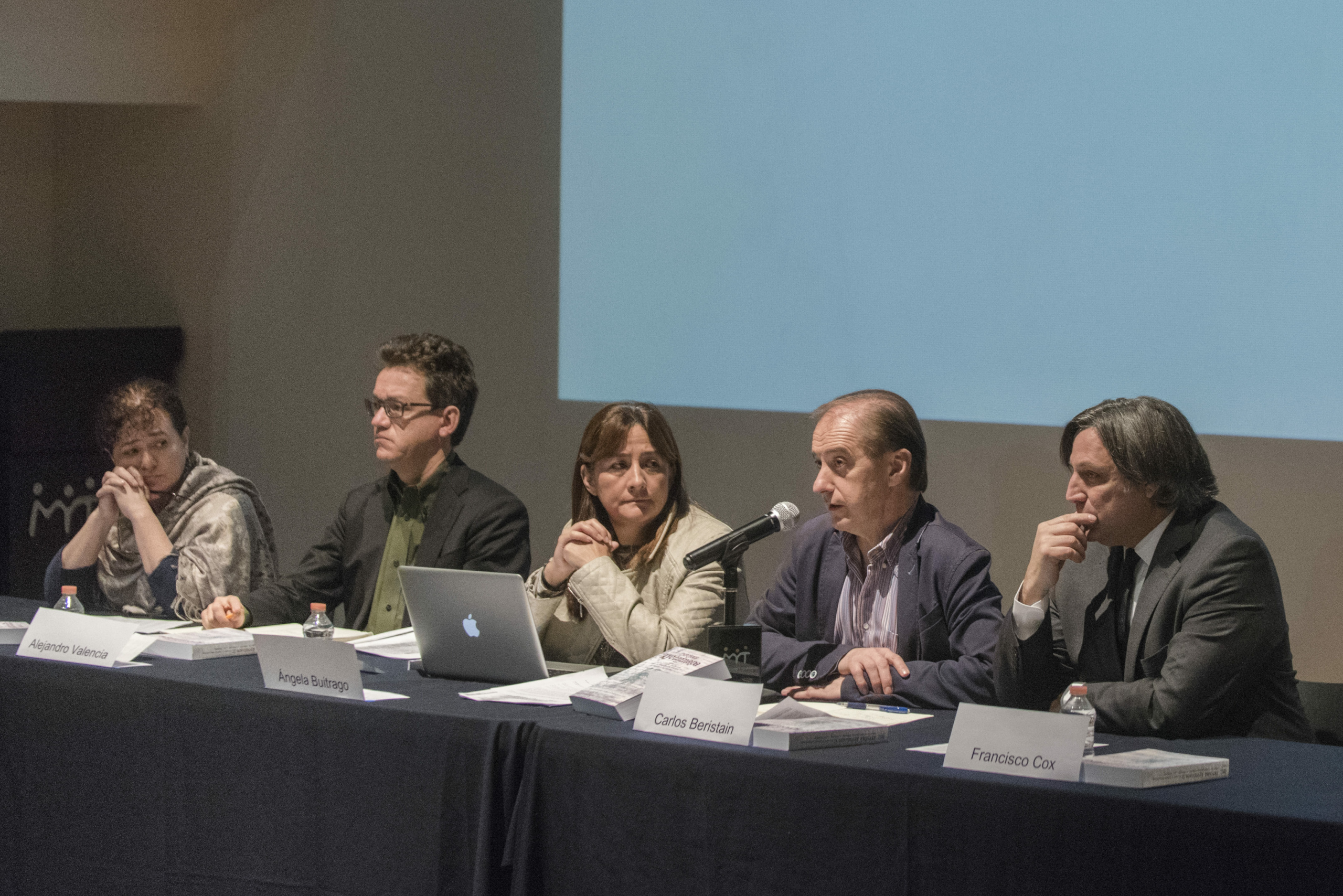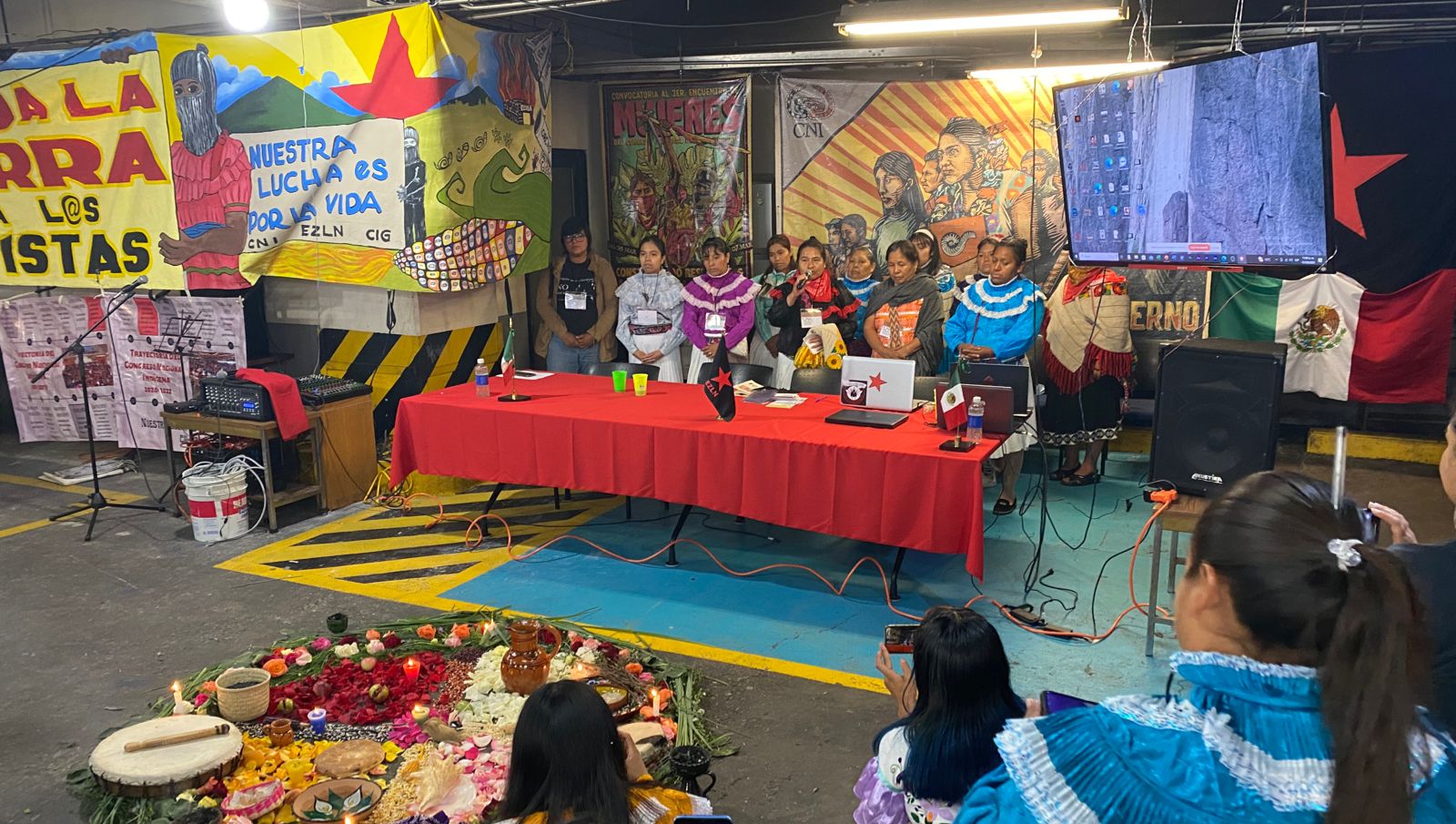
Highway Heist in Honduras: How Corporations Fleece Regular People in Impoverished Countries
Extraordinary corporate privileges in U.S. foreign and trade policy are designed to help companies win even when their investments fail By Marcia Perdomo A private-public partnership to improve highway infrastructure in Honduras

